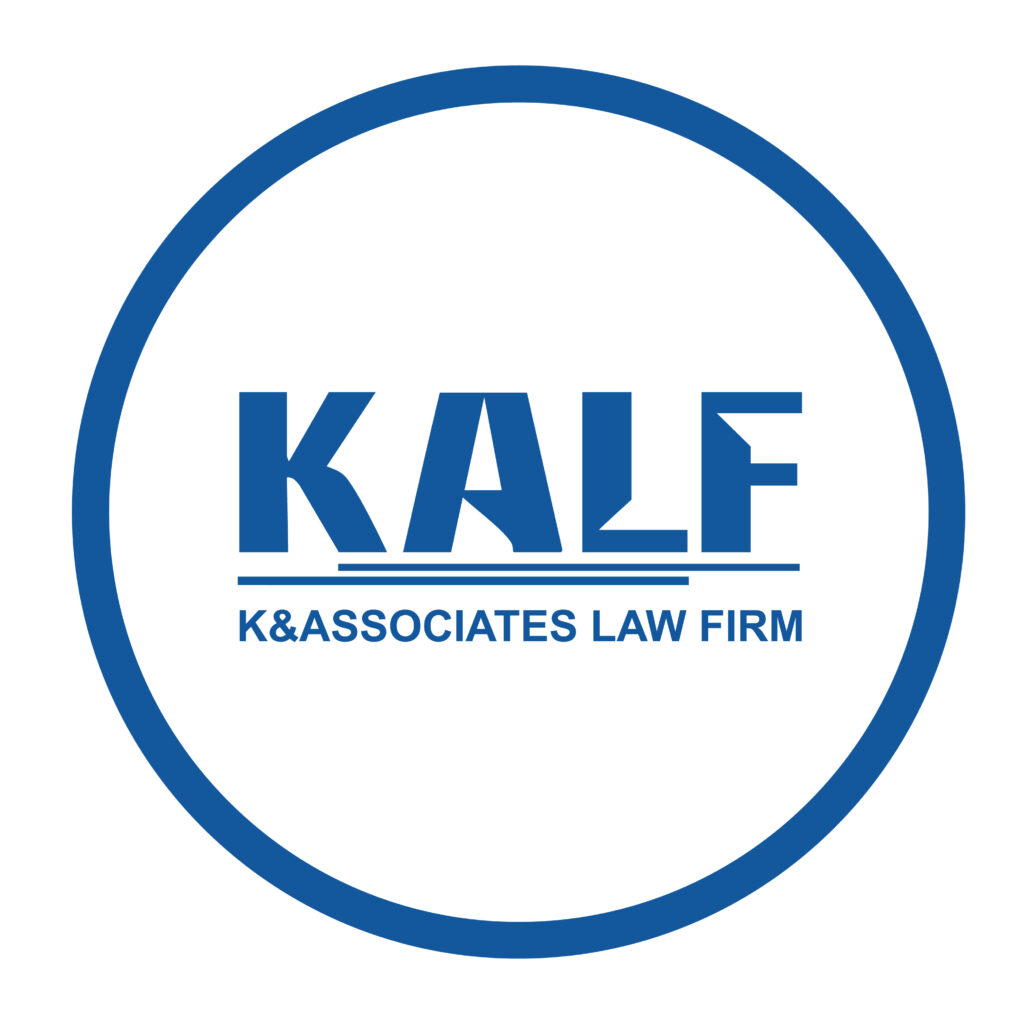- What is the company’s charter?
The company’s charter is an agreement between the company owners / between the founders and between the founders and capital contributors in order to commit and bind members in general regulations, agree on how to create, contribute capital, organizational structure, management, operations…
It can be said that the company’s charter is like a Constitution of each enterprise. According to Clause 1 Article 24 of the Enterprise Law No. 59/2020/QH14, the company’s charter includes:
- Charter when registering an enterprise
- The charter is amended and supplemented during operation.
- Contents of the charter
The company’s charter must ensure legality, transparency and clarity and need to fully comply with the contents specified in the law.
Pursuant to Clause 2, Article 24 of the Enterprise Law 2020 stipulates as follows:
“2. The company’s charter includes the following principal contents:
- a) Name and address of the head office of the company; name, address of branch and representative office (if any);
- b) Business lines;
- c) Charter capital; total number of shares, types of shares and par value of each type of share, for joint-stock companies;
- d) Full name, contact address and nationality of the general partner, for the partnership; of company owners, members, for limited liability companies; of founding shareholders for joint-stock companies. Capital contribution and value of contributed capital of each member for limited liability companies and partnerships. Number of shares, types of shares, par value of each type of shares of founding shareholders, for joint-stock companies;
- dd) Rights and obligations of members with respect to limited liability companies and partnerships; of shareholders for joint-stock companies;
- e) Organizational and management structure;
- g) Number and title of management and rights and obligations of the legal representative of the enterprise; division of rights and obligations of the legal representative in case the company has more than one legal representative;
- h) Mode of approval of the company’s decision; principles of internal dispute resolution;
- i) Bases and methods for determining salary, remuneration and bonus of managers and controllers;
- k) In case a member or shareholder has the right to request the company to buy back the contributed capital for a limited liability company or shares for a joint-stock company;
- l) Principles of profit distribution after tax and handling of losses in business;
- m) In case of dissolution, the order of dissolution and procedures for liquidation of company assets;
- n) Procedures for amending and supplementing the company’s charter.”
- Basic principles when building a company charter
– Do not contravene the provisions of law/must not infringe on the interests of 3rd parties;
– Voluntary and agreed within the framework prescribed by law;
– Must fully ensure the main contents as prescribed by law;
– Must be approved by all founding members.
- Charter of a public company
– Pursuant to Clause 1, Article 270 of Decree 155/2020/ND-CP, the company’s charter approved by the General Meeting of Shareholders is specified as follows:
“1. The company’s charter is approved by the General Meeting of Shareholders and must not contravene the Law on Enterprises, the Law on Securities, the provisions of this Decree and relevant legal documents.”
– Public companies refer to the Charter according to the form of Appendix I issued together with Circular 116/2020/TT-BTC to develop the company’s charter, ensuring compliance with the provisions of the Law on Enterprises, the Law on Securities, Decree 155/2020/ND-CP.
- Forms of approval of amendments to the Charter
Public companies that want to amend the content of the Charter are required to go through the General Meeting of Shareholders, according to the provisions of Article 138 of the Enterprise Law 2020. The General Meeting of Shareholders approves amendments to the charter of a public company in the form specified at Point a, Clause 2, Article 147 of the Enterprise Law 2020 as follows:
“1. The General Meeting of Shareholders shall adopt resolutions within its competence by voting at the meeting or collecting written opinions.
- Unless otherwise provided for in the company’s charter, resolutions of the General Meeting of Shareholders on the following issues must be passed by voting at the General Meeting of Shareholders:
- a) Amending and supplementing the contents of the company’s charter;
- b) Company development orientation;
- c) Type of shares and total number of shares of each class;
- d) Elect, dismiss or dismiss members of the Board of Directors and the Control Board;
- dd) Decide to invest or sell assets with a value of 35% or more of the total value of assets recorded in the company’s most recent financial statements, unless the company’s charter stipulates a different ratio or value;
- e) Approving annual financial statements;
- g) Reorganization and dissolution of the company.”
Above is the content of KALF’s advice on The charter of a public company and some related legal issues. All of our above advice opinions are based on applicable legal provisions. If you have any questions or requests about legal issues, please contact us for timely answers.




